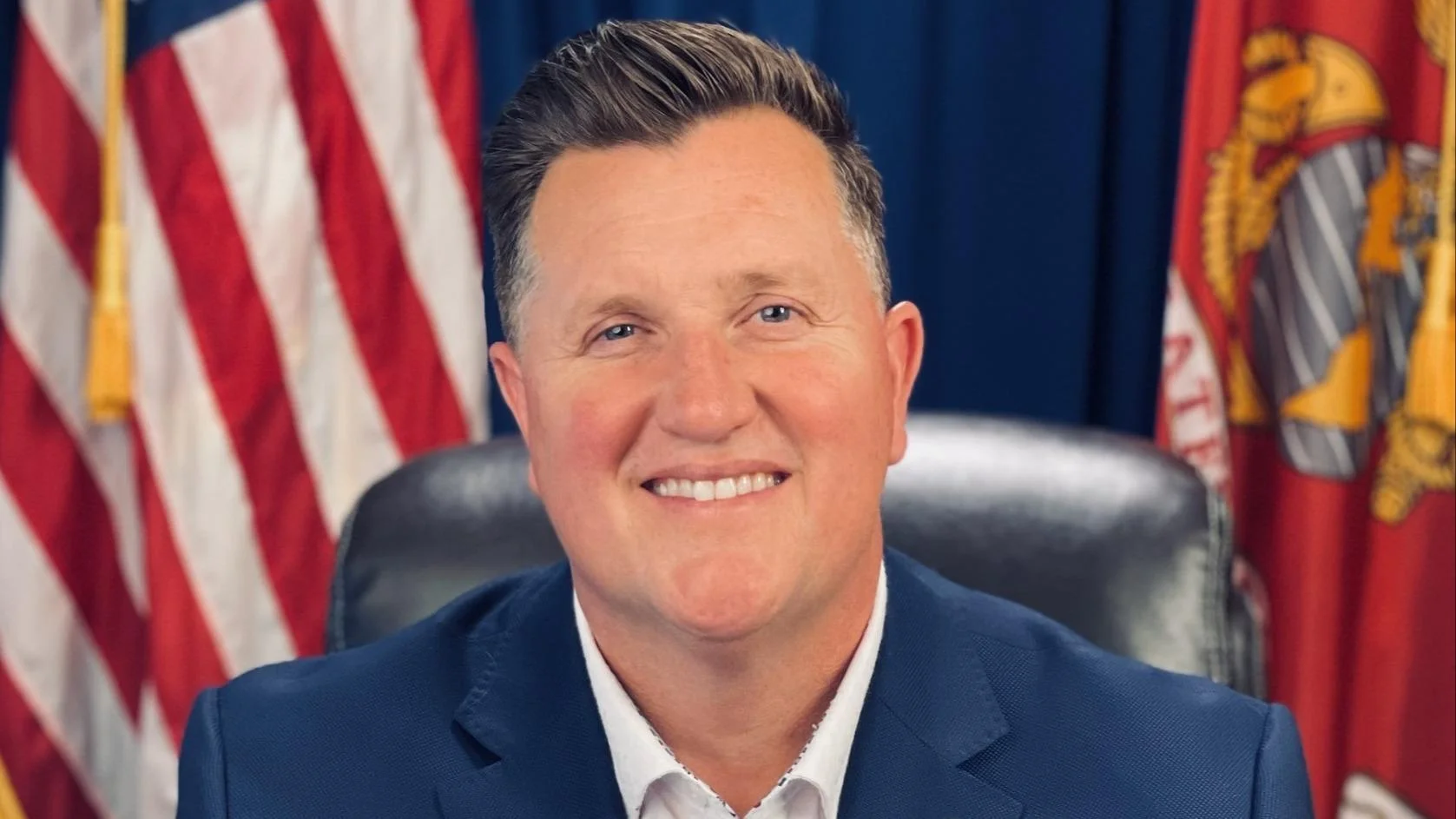Jason Woolford, Michigan State Representative for 50th District | Facebook
Jason Woolford, Michigan State Representative for 50th District | Facebook
State Representative Jason Woolford (R-Howell) questioned Michigan Department of Health and Human Services (DHHS) Director Elizabeth Hertel during a House Oversight Committee hearing. The hearing was convened after reports surfaced about mismanagement and neglect within the department.
Lawmakers examined several DHHS programs, expressing concerns about how the department manages its $37.5 billion budget and its ability to provide essential services to residents across Michigan.
“After listening to Director Hertel’s explanations, I can tell you that it’s all nonsense,” said Woolford. “DHHS is entrusted with billions of taxpayer dollars, yet somehow can’t provide the essential services our residents rely on. That is absurd. This department must be held accountable for this unacceptable performance.”
Woolford addressed issues related to the Supplemental Nutrition Assistance Program (SNAP), highlighting Michigan's high error rate in administering the program and failures in verifying Bridge Card applicants, which has led to widespread fraud. According to Woolford, these errors could result in at least $300 million in federal penalties for taxpayers, not including losses from fraudulent benefits.
“The fact that DHHS is aware of Michigan’s high SNAP error rate and is doing little to fix it is outrageous,” said Woolford. “Fraudsters are abusing Bridge Cards because DHHS doesn’t have a system in place to properly verify applicants’ identities. That means individuals are receiving benefits they aren’t entitled to, and Michigan taxpayers are footing the bill. Enough is enough.
“Michigan families deserve better, and they deserve results, not excuses. Programs designed to protect children must actually protect them. The SNAP error rate must be reduced, fraud must be stopped, and every taxpayer dollar must be accounted for. It’s time to repair these broken systems and restore real accountability at DHHS.”






 Alerts Sign-up
Alerts Sign-up